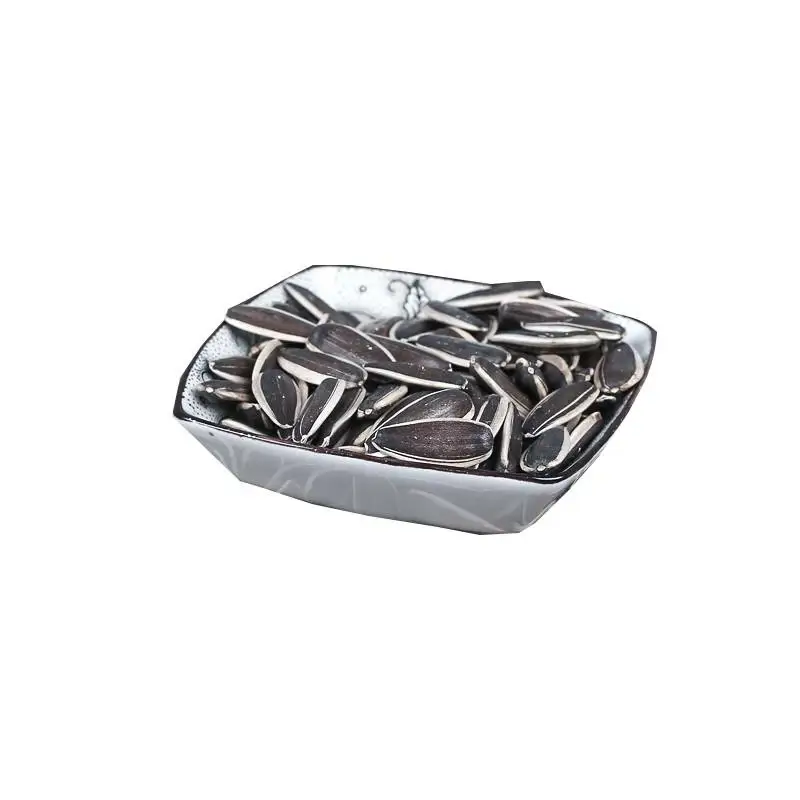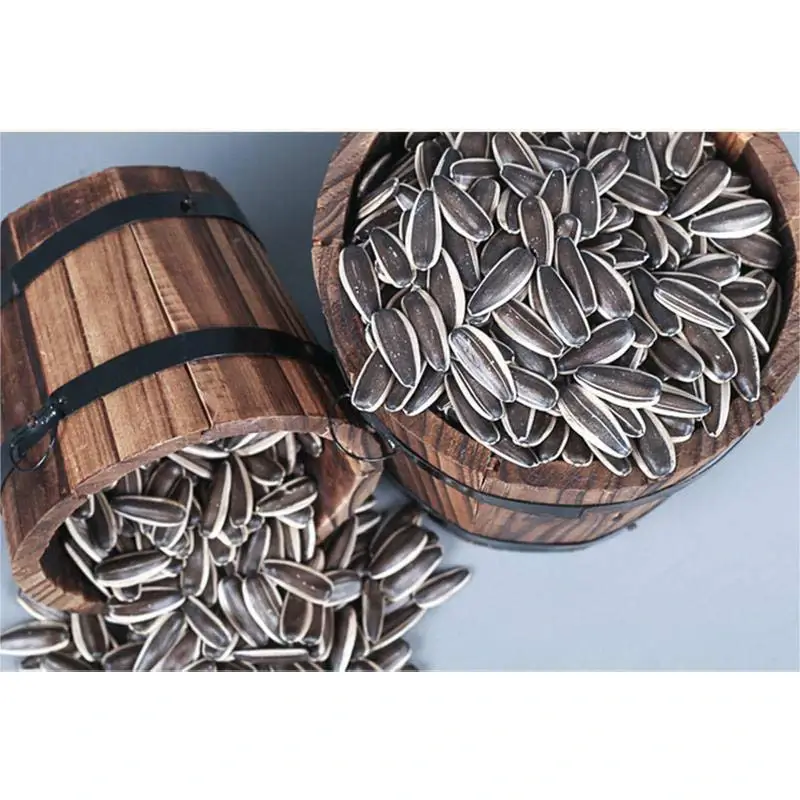-
 Afrikaans
Afrikaans -
 Albanian
Albanian -
 Amharic
Amharic -
 Arabic
Arabic -
 Armenian
Armenian -
 Azerbaijani
Azerbaijani -
 Basque
Basque -
 Belarusian
Belarusian -
 Bengali
Bengali -
 Bosnian
Bosnian -
 Bulgarian
Bulgarian -
 Catalan
Catalan -
 Cebuano
Cebuano -
 Corsican
Corsican -
 Croatian
Croatian -
 Czech
Czech -
 Danish
Danish -
 Dutch
Dutch -
 English
English -
 Esperanto
Esperanto -
 Estonian
Estonian -
 Finnish
Finnish -
 French
French -
 Frisian
Frisian -
 Galician
Galician -
 Georgian
Georgian -
 German
German -
 Greek
Greek -
 Gujarati
Gujarati -
 Haitian Creole
Haitian Creole -
 hausa
hausa -
 hawaiian
hawaiian -
 Hebrew
Hebrew -
 Hindi
Hindi -
 Miao
Miao -
 Hungarian
Hungarian -
 Icelandic
Icelandic -
 igbo
igbo -
 Indonesian
Indonesian -
 irish
irish -
 Italian
Italian -
 Japanese
Japanese -
 Javanese
Javanese -
 Kannada
Kannada -
 kazakh
kazakh -
 Khmer
Khmer -
 Rwandese
Rwandese -
 Korean
Korean -
 Kurdish
Kurdish -
 Kyrgyz
Kyrgyz -
 Lao
Lao -
 Latin
Latin -
 Latvian
Latvian -
 Lithuanian
Lithuanian -
 Luxembourgish
Luxembourgish -
 Macedonian
Macedonian -
 Malgashi
Malgashi -
 Malay
Malay -
 Malayalam
Malayalam -
 Maltese
Maltese -
 Maori
Maori -
 Marathi
Marathi -
 Mongolian
Mongolian -
 Myanmar
Myanmar -
 Nepali
Nepali -
 Norwegian
Norwegian -
 Norwegian
Norwegian -
 Occitan
Occitan -
 Pashto
Pashto -
 Persian
Persian -
 Polish
Polish -
 Portuguese
Portuguese -
 Punjabi
Punjabi -
 Romanian
Romanian -
 Russian
Russian -
 Samoan
Samoan -
 Scottish Gaelic
Scottish Gaelic -
 Serbian
Serbian -
 Sesotho
Sesotho -
 Shona
Shona -
 Sindhi
Sindhi -
 Sinhala
Sinhala -
 Slovak
Slovak -
 Slovenian
Slovenian -
 Somali
Somali -
 Spanish
Spanish -
 Sundanese
Sundanese -
 Swahili
Swahili -
 Swedish
Swedish -
 Tagalog
Tagalog -
 Tajik
Tajik -
 Tamil
Tamil -
 Tatar
Tatar -
 Telugu
Telugu -
 Thai
Thai -
 Turkish
Turkish -
 Turkmen
Turkmen -
 Ukrainian
Ukrainian -
 Urdu
Urdu -
 Uighur
Uighur -
 Uzbek
Uzbek -
 Vietnamese
Vietnamese -
 Welsh
Welsh -
 Bantu
Bantu -
 Yiddish
Yiddish -
 Yoruba
Yoruba -
 Zulu
Zulu
Мау . 10, 2025 00:35 Back to list
Organic Sunflower Seeds for Healthy Snacks Wholesale Supply
- Global market dynamics and growth statistics
- Innovations in processing and harvesting technology
- Comprehensive manufacturer comparison tables
- Tailored customization options
- Industry-specific application solutions
- Sustainability practices across the supply chain
- Future industry outlook and conclusions

(sunflower seeds)
The Expanding Global Market for Sunflower Seeds
Global sunflower seed trade reached $20.3 billion in 2023, demonstrating 5.8% year-over-year growth according to FAO data. This expansion is primarily driven by the rising consumer demand for plant-based proteins across North America and Europe, where sunflower kernels have gained significant traction as healthy snacking alternatives. Projections indicate compound annual growth of 6.2% through 2030.
Technological Innovations in Seed Processing
Leading equipment manufacturers have developed infrared sorting technology achieving 99.97% purity levels while reducing processing waste by 30%. Modern dehulling systems maintain 94% kernel integrity versus the industry average of 82%. These proprietary optical sorting solutions eliminate foreign material while preserving nutritional content through low-temperature sterilization techniques compliant with USDA Organic and EU food safety standards.
Industry Supplier Comparison Analysis
| Manufacturer | Annual Capacity | Certifications | Export Markets | Lead Time |
|---|---|---|---|---|
| Global Agrifoods Inc. | 120,000 MT | HACCP, ISO 22000, Organic EU | 35 countries | 15-20 days |
| PremiumSeeds International | 85,000 MT | FDA-GMP, Kosher, Halal | 28 countries | 25-30 days |
| SunGrow Exports Ltd. | 65,000 MT | BRCGS, Organic NOP | 22 countries | 10-12 days |
Customized Product Development Solutions
Reputable producers implement precise sizing systems with 12 distinct caliber gradations (3-15mm) to accommodate food manufacturing specifications. Seasoning application modules achieve uniform flavor coating at 98% consistency across batches, accommodating low-sodium and sugar-free formulations. Packaging specialists utilize modified atmosphere technology extending shelf life to 18 months while customizing barrier films for climate resilience during transport.
Industrial Application Implementations
Pet food manufacturers utilize micronized seed meal formulations that retain 89% protein content as sustainable animal feed ingredients. Bakery conglomerates have integrated cold-pressed sunflower oil into 78 commercial products, reducing saturated fats by 40% in baking applications. Biofuel partnerships utilize non-food-grade seeds in renewable diesel production, achieving ASTM D975 certification with 35% lower greenhouse emissions than conventional diesel.
Ecologically Responsible Practices
Progressive exporters implement closed-loop water recycling reducing consumption by 2.5 million liters annually. Solar-powered processing facilities operate with 43% renewable energy integration. Certified traceability systems verify sustainable farming practices across 250,000 hectares using blockchain technology. Shipping optimization algorithms decreased container miles by 17% while reusable bulk totes eliminated 340 tons of packaging waste.
Future Perspectives for Sunflower Seeds Trade
Increasing demand requires sunflower seeds
exporters to develop climate-resilient hybrid varieties yielding 19% greater output per hectare. Forward-looking manufacturers are investing in robotics to achieve 24-hour continuous processing operations. Market analysts project premium seeds with certified health claims will capture 35% of the functional food segment by 2028 as consumer preference shifts toward nutrient-dense offerings with transparent sourcing credentials.

(sunflower seeds)
FAQS on sunflower seeds
Q: How are sunflower seeds harvested and used in sunflower products?
A: Sunflower seeds are extracted from dried flower heads using mechanical methods. Manufacturers clean, roast, and package them as snacks or press them for cooking oil. These processed seeds become key ingredients in foods like granola bars and bakery items.
Q: What certifications do top sunflower seed manufacturers hold?
A: Leading manufacturers typically maintain ISO 22000 and HACCP certifications for food safety. They also adhere to Global G.A.P. standards for agricultural practices. These ensure quality control from seed cultivation to final packaging.
Q: Which countries are primary exporters of bulk sunflower seeds?
A: Ukraine, Russia, and Argentina dominate global bulk export markets. These exporters specialize in raw, unshelled seeds for industrial processing. Key export hubs include Black Sea ports and Rosario in Argentina for worldwide distribution.
Q: How do manufacturers ensure sunflower seed product freshness?
A: Producers use nitrogen-flushed vacuum sealing to prevent oxidation. Controlled roasting temperatures preserve natural oils while eliminating moisture. Expiry dates are rigorously validated through accelerated shelf-life testing.
Q: What logistical capabilities define reliable sunflower seed exporters?
A: Top exporters operate temperature-controlled warehouses and bulk silo systems. They utilize specialized grain containers with humidity monitors for ocean freight. Documentation teams handle phytosanitary certificates and customs clearance across 100+ countries efficiently.
-
Premium Quality Pistachios – Fresh, Crunchy & Delicious Nuts
NewsJul.26,2025
-
Premium Sunflower Seeds for Healthy Snacking & Cooking
NewsJul.25,2025
-
Premium Quality Pistachios - Fresh, Healthy & Delicious Nuts
NewsJul.24,2025
-
Premium Crab Sticks – Delicious, Easy-to-Use Seafood Snack
NewsJul.23,2025
-
Buy Bulk Sunflower Seeds Exporter – Premium Quality & Competitive Price
NewsJul.22,2025
-
Premium Melon Seeds | Nutritious Snack & Baking Ingredient
NewsJul.22,2025
